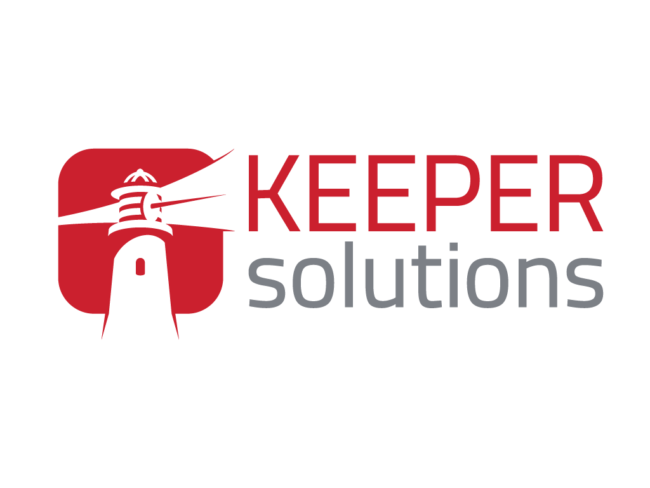The days when employers judge your expertise based on your CV are over. They want to (and can) give you scores based on your online activities. They can rate your programming knowledge based on your GitHub commits, ability to work in a team based on your StackOverflow activity, communication skills based on your Facebook comments. These rates can be really valuable depending on the job you’re applying for.
In the digital lives we live, competition is fierce, especially in the online world. And sometimes our online trace could be the only thing differentiating us from our competition. Remember: everything you write online can be used in your favour (or against it).
Ok, what is my Digital Footprint?
Try typing your name and lastname in Google and check the search results. Even for the shy ones something will appear. All sort of things will be there, from the hackathon award you won last month, crazy experimental code project on GitHub from 2009 all the way to an ecological event in high school on a ancient website. Blog posts (which, I’m sure, you have plenty), comments on articles, GitHub repos, Stackoverflow activity, Linkedin profile, Facebook profile etc. etc. are all part of that big data you made over the years.
And voila, that’s your own Digital Footprint. It’s the stuff you leave behind in the enormous world wide web universe. Your every action or mentioning of your name online is recorded and traceable.
Why is it important?
Leaving a positive trace in a digital world these days is important for many reasons: finding the right job, collaborate with others, professional networking, keeping safe online, etc.
75% percent of people have googled themselves only 2-3 times while 63% of recruiters decided not to hire a candidate based on a fact they found on a social network (Cowell, 2010).
With the rise of new tools in 2016 to scan www for digital footprints like mytalengi.com in the search for relevant information that can get a recruiter a clearer picture of a candidate, digital footprints will become more important than ever. It makes it easy for a recruiter to place you in different categories: unexperienced, mid-level, introvert, front-end,…. They can label you Hot or Not just by glancing on your Digital Footprint. Do you think your Digital Footprint is saying the right things about you?
So, how can I improve my Digital Footprint?
75% of the U.S. think that the good social profile can improve your reputation at work https://scredible.com/pr/SCR995_YP_Infographic_English_Branded.html
First, put yourself in the shoes of your future employeer, or a recruiter, or a potential partner. What kind of information about you could be relevant for them? How will they find the data about you? How do you want to showcase your skills, experience and interests. Think about yourself as a brand: be authentic and then think about the actions you can do to stand out of the crowd while also look more professional.
Here are a few tips:
1) Stay active in the right channels – for a software developer, there are a few places where you just have to be: GitHub, Stackoverflow, Linkedin, Twitter,… The rest is up to you.
2) Think before your post – to avoid later issues, think twice about the things you post. Does the content you post really add value to your online profile. Think about relevance.
3) Check what your competition is doing – always compare yourself with the best ones and aim for that
4) Understand your mobile device – people often don’t realize that many of the activities performed while they are on the move get recorded and publicly shared
5) And clean up a bit – you probably have certain things online you don’t want others to know about. Find them and delete (or hide)
Also, don’t forget about the Privacy which you can easily achieve with just a few clicks in settings of any social network. While it will keep you safe online it will enable only the closest circle of friends and family to access to your most private content.
Good luck with that new job search!



